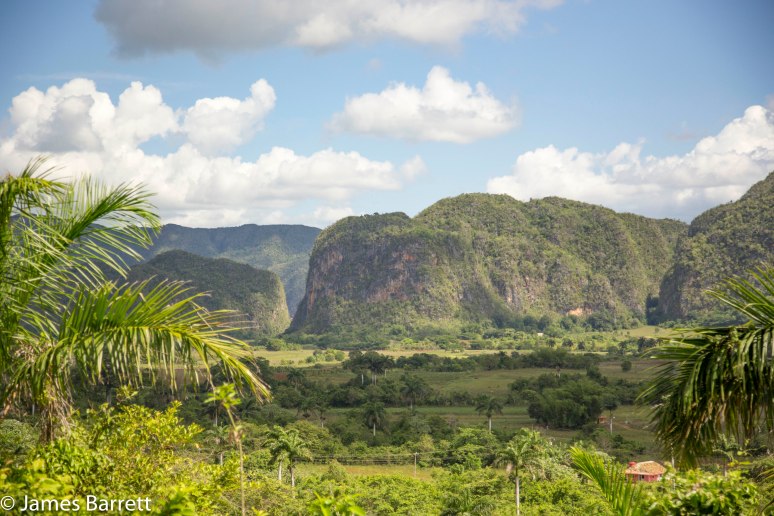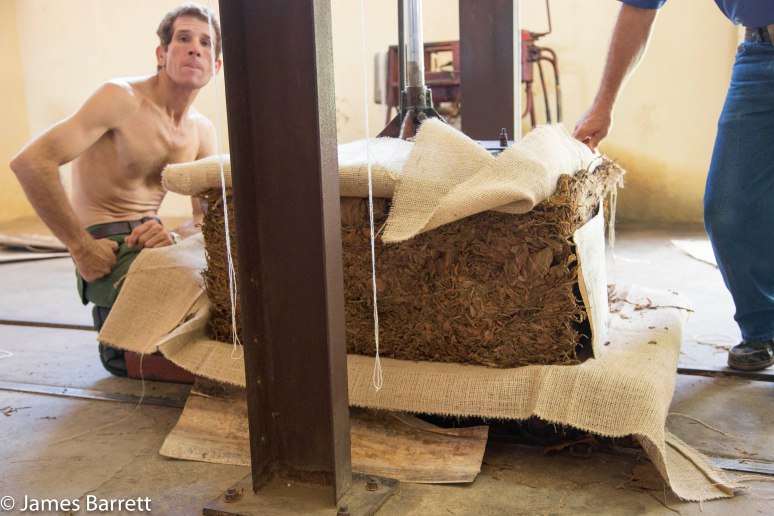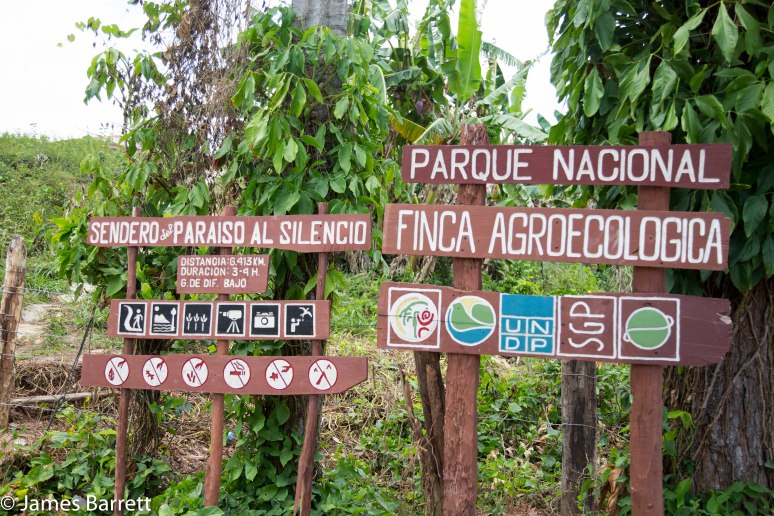May 28: Pinar del Rio and Cuban Cigar Industry
By his own admission , since Raul Castro became President of Cuba’s Communist Party in 2008, the very programs that the Party has enacted have contributed to a state of inertia, with only 21% of the guidelines enacted. This has left the country in need of more freedom for entrepreneurs to start businesses which bring income and thus taxes to the island. Of course, the present system of taxation is so burdensome that non payment of taxes and payoffs to expedite licensure and favorable inspections is an accepted mode of survival.
In the interest of improving income, “visitors” from the USA are more able to travel to Cuba and with a small concession allowing export of Cuban cigars and rum, limited to $100.00 per person, tourism is expanding considerably. The two currency system, taxing only USD a 13% exchange fee, demanding parity of USD with Cuban Pesos, and severely limiting the use of credit cards, diminishes one’s enthusiasm for spending.
This morning, we boarded our coach for a ride out into the countryside. I was impressed with how lush were the mountains, how little farming was visible.


Huge stretches of land left without crops.

An occasional village with evidence of growing corn.

A rare example of attempts to farm.

Tobacco
We were permitted to visit two aspects of the cigar making industry: a farmer, and a processing plant, both in rural Cuba; we visited an agrarian experiment providing fresh produce and organic meals.

A drying barn for initial aging.

The tobacco farmer rolling a cigar from his crop.

Amy has the first drag.

These are the tobacco seeds.
This farmer is licensed to grow 40,000 tobacco plants; the inspector “doesn’t see” an additional 20,000 plants this year, and probably won’t “see” a total of 100,000 plants next year. Interesting what profits can do.

Main sorting room

Each leaf is stripped of its main vein.

The factory supervisor demonstrates a leaf in the stage of fermentation.

Leaves are stacked,

readied for packing,

compressed,

and wrapped, then

stacked for shipping to the plant which will roll the cigars.
Tobacco leaves from the upper, middle, and lower third of the plant are used for different parts of the cigar.
Lunch today was not a paladar, but rather at this farm which has grown out of an entrepreneurial spirit and plentiful sweat equity.

Signs announcing the restaurant and farm.

The farm is on a hill and made up of terraces.

Our organic meal included a roasted pig.

A view of the valley and clearing ready for farming.

Terracing planted with flowers.
The family farming this inhospitable slope had applied several times for permission from the government to use the land – Fidel Castro nationalized all real estate soon after the revolution. After several failed attempts, they were granted the lease and had to clear first 2 hectares and later a further 4 hectares for terraced farming. They built several structures to accommodate a restaurant. Tauck subsidized one such structure where we enjoyed a multi-course lunch which was over the top.
